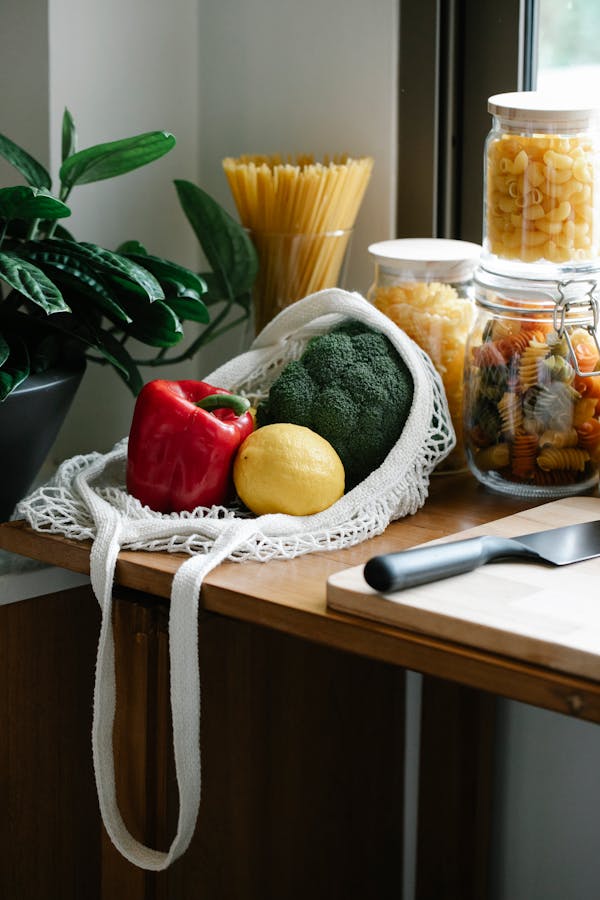MRG, which counts Premium Australian Clusters as a brand, produces, markets, manufacturers and sells organic dried vine fruit, nuts, seeds, ginger, berries and other food products. It serves customers worldwide.
It’s been a bloody start to the new year for Murray River Organics (MRO). The ASX-listed company has announced an external investigation by KordaMentha into business practices that a former board member has called ‘serious allegations’.
1. The Company’s Marketing Strategy
Murray River Organics tries to market its products to the people who are most interested in them. This helps the company increase its sales and revenue. It also allows the company to develop a strong reputation in the market. The company uses several different promotional strategies to attract customers.
The company aims to grow as a leading organic, natural and “better for you” foods company, servicing consumers globally. Its strategy includes investing in new plantations and acquiring existing ones to maximize its production capacity. The Company also plans to build an international distribution network and strengthen its retail presence.
Using social media to promote the company’s products is an effective marketing tool. By advertising on Twitter, the company can acquire more consumer followers and increase its brand recognition. The Company can also use Twitter advertisements to advertise its latest product offers and promotions. Its marketing strategy focuses on building relationships with its customers and providing them with excellent customer service.
2. The Company’s Business Model
Murray River Organics is a major trader and seller of natural organic products within Australia. The company produces a variety of dried vine fruits, including sultanas, raisin, Thompson seedless raisins and sun muscat raisins. It is a fully integrated producer, with its operations spanning from production through packaging and sales/marketing.

The company’s business model is based on the idea that consumers are increasingly interested in buying healthy products. This is a result of many factors, such as increased awareness about the effect of food on health, government labeling programs that help identify authentic organic foods, and the increasing affordability of organic products.
In order to improve its online market stability, the company should focus on developing an effective integrated marketing plan. This will increase customer involvement and also help it to earn more revenue in the industrial context. The company can achieve this by creating a blog, which will provide information about the different types of products manufactured by it.
3. The Company’s Legal Issues
A company’s legal issues may be a threat to its growth and stability. These issues can be caused by a variety of factors, including competition, regulatory adjustments, and natural disasters. Identifying these threats will help the company develop strategies to mitigate them.
The Company’s products are designed to meet consumer demands for health and wellness. This is a growing market for Murray River Organics, as consumers prioritize quality and traceability. They also value food safety, authenticity, and providence.
In addition to producing its own dried fruits, the Company also offers a range of other foods and beverages. These products include the Organic Mylk Chocolate Sultanas, a breakfast range, and pantry staples. The Company worked with the design agency What Came Next and Melbourne-based RollsPack for its packaging. The doypacks are made of metalized PET and feature vivid colors. This new approach to product packaging reflects customer demand for healthier products. It has also helped the company gain a competitive advantage.
4. The Company’s Financial Issues
After a disappointing harvest, a profit downgrade and an ugly boardroom battle between the founders Erling Sorenson and Jamie Nemtsas who were both major shareholders, Murray River Organics (ASX:MRG) was left in dire straits. On November 9, the company was forced to write down its inventory and issue a profit warning.
MRG’s stock has slumped since and its financial performance is deteriorating as it struggles to deal with the COVID-19 crisis and poor returns from its farming operations. The company announced a capital raising of up to AUD12M earlier this year and it’s planning to shift to a more ‘capital light’ business model.
MRG is looking to reduce its exposure to its farming assets and focus more on its branded ranging and tapping into the global demand for organics and better-for-you foods. The company recently launched a new range of organic mylk chocolate and pantry staples to capitalize on this trend. It also partnered with coffee roasters St. Ali to produce a range of organic and ethically soured coffees that can be used as ingredients in its mylk chocolate.